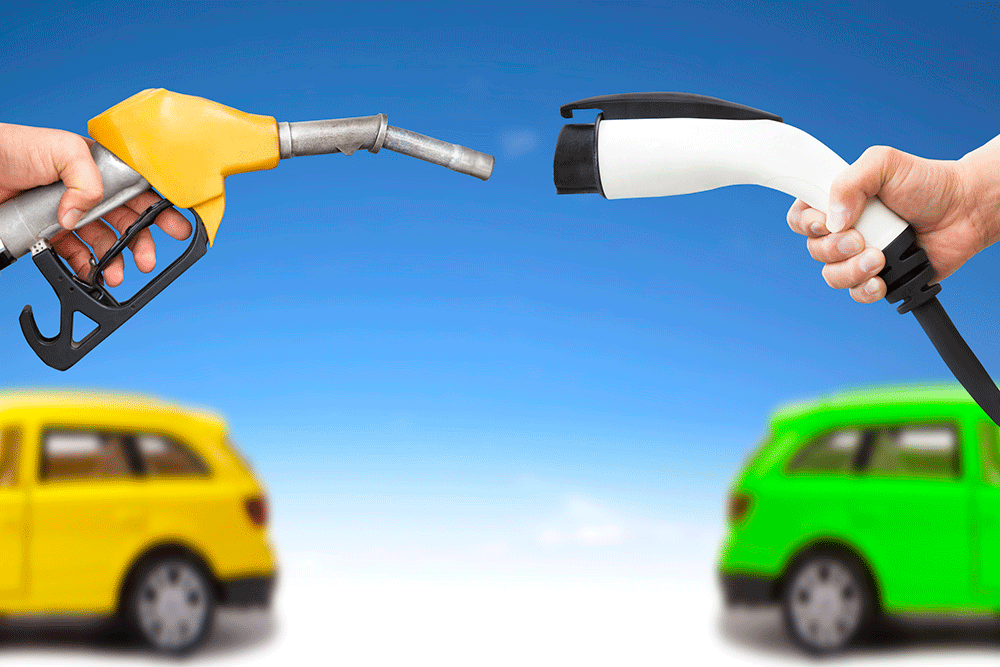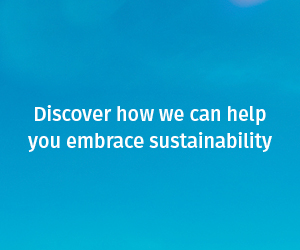Familiar concerns stall switch to EVs

RACQ research* has echoed the results of similar studies on EV impediments, finding 57% of respondents were deterred from switching to electric because they were more expensive than petrol models.
A combined 66% were reluctant to buy an EV because there were not enough available chargers while on the road, at either public locations (40%) or work sites and other destinations, such as hotels (26%).
The Electric Vehicle Council’s State of Electric Vehicles 2021 report said there were 31 EV models available for sale in Australia in 2021, with 14 priced under $65,000.
It forecast the number of EV models available in Australia to reach 58 by the end of 2022.
Chair of the Australian Electric Vehicle Association’s Queensland branch Jon Day expected the price of EVs to fall as more models came onto the market.
“We are starting to see some models, like the MG ZS EV, that have a cheaper price point and we will see further models come to market soon that are even cheaper,” Mr Day said.
“While the price point of these EVs is lower, it is essential for buyers to do their research, understand the important aspects of EV ownership like battery capacity, consumption and charging rates.
“The Tesla Model 3 Standard Range Plus, Hyundai Kona and BMW i3s all have similar price points but vary greatly in these various aspects.”
The RACQ survey found 26% of respondents felt EVs could not travel far enough between recharges for their regular needs, a common concern for drivers reluctant to give up their petrol-powered vehicle.
Mr Day said range anxiety was generally only a concern for non-EV owners.
“Many EV models that have come out over the past couple of years have vastly improved range compared to earlier models,” Mr Day said.
“A mindset that 300km of range would be insufficient because of the once-a-year trip to visit the interstate relatives overlooks the practicality that 99% of the time you are driving less than 100km in a day and charging at home to start the next day with 300km again.”
RACQ Gold50 member and first-time EV owner Mark Tranter said he found battery range was not a problem in 18 months of owning a Tesla Model 3.
The Toowoomba resident can travel to Brisbane and back on a single charge and has taken longer road trips, including driving to Sydney three times, using the growing network of fast-charging stations.
Mr Tranter is Convenor of the Toowoomba branch of Renew, a national not-for-profit organisation that promotes sustainable living.
The driveability of his Tesla, its minimal running cost and zero emissions have hooked Mr Tranter and he is already considering his next EV purchase.
“It's a real driver's car and they cost virtually nothing to run,” Mr Tranter said.
“It’s the future of driving.”
Mr Tranter has a household battery and solar panels, which reduce his vehicle running costs further.
“My total electricity bill for three months over summer, with 5000-6000km on my Tesla and running the house, was $5,” he said.
“I don't have to charge it other than from the solar panels on my roof.
“People talk about fast chargers, and I use them as well, but most people that own electric vehicles only do that when they're travelling.”
Mr Day said powering his EV with home solar significantly reduced running costs.
“The ability to charge at home straight from rooftop solar is an incredible benefit,” Mr Day said.
“Of course, this benefits owners whose cars are at home during the day, but I have done that now for two years and my ‘fuel bill’, so to speak, for 36,000km is under $100.
“This cost just hasn’t been transferred onto my electricity bill either, which also remains low.”
Mr Day said driving an EV was enjoyable.
“With very little noise and vibration, driving is a far more enjoyable time and it is very noticeable when you hop back into a petrol or diesel car again,” he said.
“Buying an EV can be similar to changing from a mobile phone with buttons to a smartphone.
“Yes, they both get the job done, one is more expensive, but after using it for a while, you see just see how great they are and don’t see any point in returning to what you were putting up with previously.”
*RACQ Quarterly Omnibus FY22 Q1
Related topics
Things to note
The information in this article has been prepared for general information purposes only and is not intended as legal advice or specific advice to any particular person. Any advice contained in the document is general advice, not intended as legal advice or professional advice and does not take into account any person’s particular circumstances. Before acting on anything based on this advice you should consider its appropriateness to you, having regard to your objectives and needs.
Insurance Products (excluding Travel Insurance) are issued by RACQ Insurance Limited ABN 50 009 704 152 (RACQI) and arranged by RACQ Distribution Services Pty Ltd (RDS) ABN 35 116 361 650, AFSL 567130 and RDS' authorised representatives (including RACQ Operations Pty Ltd ABN 80 009 663 414, AR No. 234978 (RACQO)). Conditions, limits and exclusions apply.
Any advice provided by RDS and RACQO is general advice only and does not take into account your personal objectives, financial situation or needs and you will need to consider whether the advice is appropriate for you. Read the Product Disclosure Statement (PDS) before making a purchase decision on the product. You can also access our Target Market Determinations on this website.
RDS receives a commission from RACQI for the policies it arranges. RACQO receives fees paid for services it provides to RDS. Further details about remuneration are available on request prior to purchasing.
Banking and loan products issued by Members Banking Group Limited ABN 83 087 651 054 AFSL/Australian credit licence 241195 trading as RACQ Bank. Terms, conditions, fees, charges and lending policies apply. This is general advice only and may not be right for you. This information does not take your personal objectives, circumstances or needs into account. Read the disclosure documents for your selected product or service, including the Financial Services Guide and the Terms and Conditions, and consider if appropriate for you before deciding.
Except for RACQ Bank, any RACQ entity referred to on this page is not an authorised deposit-taking institution for the purposes of the Banking Act 1959 (Cth). That entity’s obligations do not represent deposits or other liabilities of RACQ Bank. RACQ Bank does not guarantee or otherwise provide assurance in respect of the obligations of that entity, unless noted otherwise.
RACQ Bank subscribes to the Customer Owned Banking Code of Practice which establishes higher standards than the law requires. The Code reflects modern consumer expectations and developments in approaches to issues such as consumer vulnerability, guarantors, and supporting customers through financial hardship. Please read our Customer Owned Banking Code of Practice page for more information.
RACQ Operations Pty Ltd (ABN 80 009 663 414 AR 000234978) and Members Travel Group Pty Ltd (ABN 45 144 538 803 AR 000432492) are acting as an Authorised Representative of the issuer of the insurance, Tokio Marine & Nichido Fire Insurance Co., Ltd. (ABN 80 000 438 291 AFSL 246 548). Any advice set out above is general in nature only, and does not take into account your objectives, financial situation or needs. Before purchasing any travel products, please consider the RACQ Travel Insurance Product Disclosure Statement (PDS) and the Target Market Determinations (TMDs) that apply to these products. Whilst the PDS outlines the Terms and Conditions of these products, the TMDs outline the intended class of customers that comprise the target market for these travel products. This will allow you to consider which products best suit your objectives, financial situation and needs and consider the products appropriateness to your personal circumstances. TMDs also outline matters involving the distribution and the review of these products. The PDS, Supplementary PDS and TMDs for each travel product can be found here.

